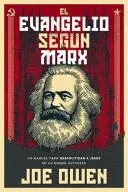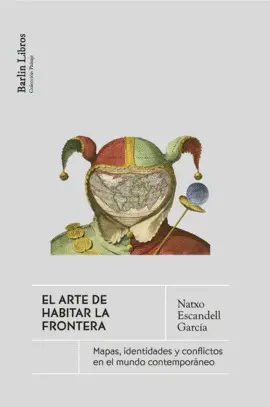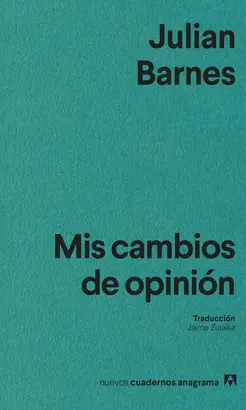- Editorial:
- PORTFOLIO
- Materia:
- Sociología
- ISBN:
- 978-1-59184-693-2
THE END OF ABSENCE
HARRIS, MICHAEL
"Every revolution in communication technology--from papyrus to the printing press to Twitter--is as much an opportunity to be drawn away from something as it is to be drawn toward something. And yet, as we embrace a techonology's gifts, we usually fail to consider what we're giving up in the process. Why would we bother to register the end of solitude, of ignorance, of lack? Why would we care that an absence had disappeared?"
Soon enough, nobody will remember life before the Internet. What does this unavoidable fact mean?
For future generations, it won't mean anything very obvious. They will be so immersed in online life that questions about the Internet's basic purpose or meaning will vanish.
But those of us who have lived both with and without the crowded connectivity of online life have a rare opportunity. We can still recognize the difference between Before and After. We catch ourselves idly reaching for our phones at the bus stop. Or we notice how, mid-conversation, a fumbling friend dives into the perfect recall of Google.
In this eloquent and thought-provoking book, Michael Harris argues that amid all the changes we're experiencing, the most interesting is the one that future generations will find hardest to grasp. That is the end of absence--the loss of lack. The daydreaming silences in our lives are filled; the burning solitudes are extinguished. There's no true "free time" when you carry a smartphone. Today's rarest commodity is the chance to be alone with your own thoughts.
To understand our predicament, and what we should do about it, Harris explores this "loss of lack" in chapters devoted to every corner of our lives, from sex and commerce to memory and attention span. His book is a kind of witness for the "straddle generation"--a burst of empathy for those of us who suspect that our technologies use us as much as we use them.
By placing our situation in a rich historical context, Harris helps us remember which parts of that earlier world we don't want to lose forever. He urges us to look up--even briefly--from our screens. To remain awake to what came before. To again take pleasure in absence.








